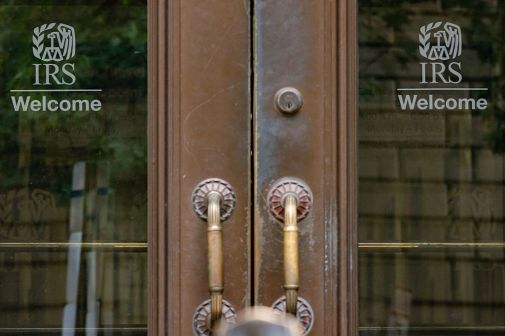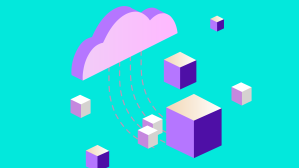Federal archival digital teams look to upskill staff amid governmentwide workforce changes

As agencies continue to navigate the Trump administration’s overhaul of the federal workforce, a pair of digital strategy experts say that upskilling existing staff is a way to ensure that cutting-edge technologies are utilized internally to their fullest potential.
Natalie Buda Smith, director of digital strategy at the Library of Congress, said during Scoop News Group’s SNG Live event last week that the workforce reduction efforts currently underway are “much like the digital transformations that we’ve been through before,” and the people involved are a “big component” of the office continuing to be successful. The LOC, according to Buda Smith, has approached upskilling efforts by considering what is already in reach.
“We constantly promote through community practice, through newsletters and such internally, ways that [staff] can be proactive in learning these skills.” Buda Smith said. “We also talk about what skills are most important right now. So this backdrop of anxiety is a motivator.”
Buda Smith said that she and Jill Reilly, the National Archives and Records Administration’s digital engagement director, are in several groups that facilitate the sharing of best practices. Reilly said during the panel that for various testing efforts with artificial intelligence tools and pilots, NARA has “intentionally” put together integrated project teams with both scientists and archivists for different perspectives.
“That has really helped everyone learn from each other, and it really brings a lot of strength to the projects,” Reilly said.
Specifically, Reilly said NARA recently worked on an AI metadata project with Family Search and learned about tools the genealogy company was using to provide AI-powered transcriptions to more than two million pages of Revolutionary War pension file records.
NARA then leveraged transcriptions that volunteers had completed — more than 30,000 pages worth — to contribute to machine learning.
“That’s been a learning experience, too, for the staff involved through that partnership,” Reilly said.
Buda Smith said a shift in mindset can help staff better understand how they fit into an overall system workflow, seeing more clearly what steps of the system can be automated or could benefit from using AI services.
“You don’t have to think about [AI] as one size fits all,” Buda Smith said. “Thinking and knowing all the different AI services allows people to really think creatively about how to improve.”






